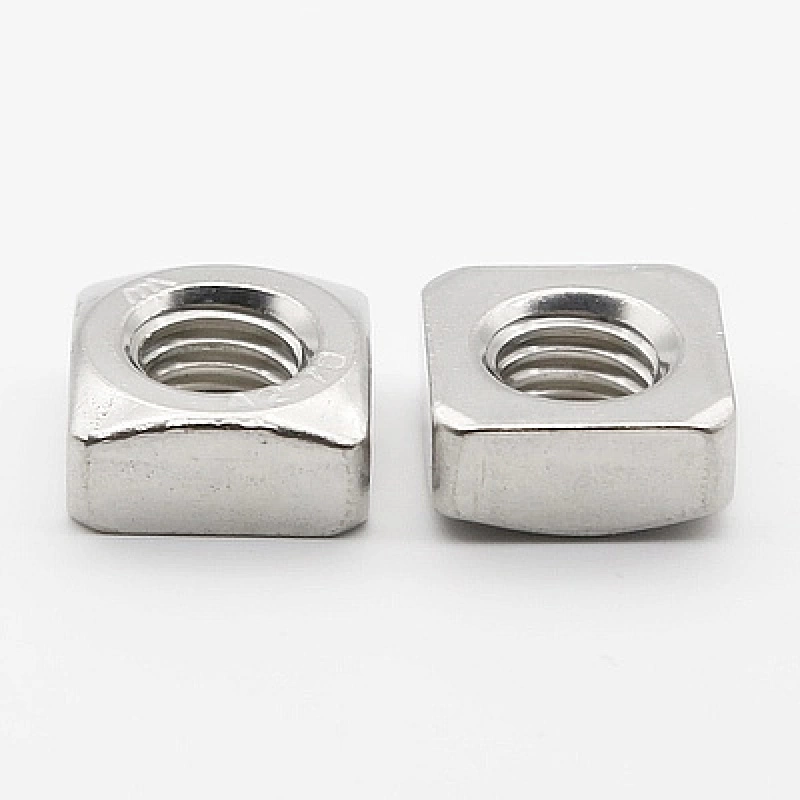

self tapping screws into cast iron
অক্টো. . 11, 2024 12:52 Back to list
self tapping screws into cast iron
Self-Tapping Screws into Cast Iron An In-Depth Guide
In the world of metalworking and construction, the choice of fasteners plays a critical role in ensuring the integrity and durability of assembled components. Among the various types of fasteners, self-tapping screws are widely recognized for their ability to create their own threads as they are driven into materials. This property is particularly beneficial when fastening components to cast iron, a material known for its strength and versatility but also its challenges in mechanical fastening. This article will provide an in-depth look at self-tapping screws and their application in cast iron materials.
Understanding Self-Tapping Screws
Self-tapping screws are designed with a sharp point and thread geometry that allows them to cut their own path into the base material without the need for pre-drilling. This feature can significantly reduce labor time and improve efficiency on the job site. They come in various shapes and sizes, tailored for specific applications, including sheet metal, plastics, and, importantly, cast iron.
The Properties of Cast Iron
Cast iron is a group of iron-carbon alloys with a carbon content greater than 2%. It is known for its excellent castability, wear resistance, and ability to withstand high temperatures. Commonly used in engine blocks, pipes, and cookware, cast iron presents unique challenges when it comes to fastening. The brittleness of cast iron can cause problems such as cracking or chipping if the appropriate fastener is not used or if incorrect installation techniques are applied.
Benefits of Using Self-Tapping Screws in Cast Iron
1. Frame Adaptability Self-tapping screws can accommodate minor misalignments when fixing components. This is particularly useful in fields where precision is paramount, yet slight deviations can occur during assembly.
2. Cost-Effectiveness The efficiency of self-tapping screws leads to reduced labor costs since pre-drilling is not necessary. This time-saving aspect becomes even more significant in large-scale manufacturing or construction projects.
self tapping screws into cast iron

4. Versatility Self-tapping screws come in various types, including - Type B For use in thin sheet metal, ideal for lower loads. - Type AB Sharp point for use in metal, providing reliable fastening in cast iron. - Type C For thicker materials and heavier applications, suitable for providing strong anchoring in cast iron.
Installation Techniques
To achieve optimal results when installing self-tapping screws into cast iron, follow these guidelines
- Select the Right Screw Choose screws designed for metal, particularly those labeled as suitable for cast iron applications.
- Prepare the Surface Cleaning the cast iron surface before installation ensures better engagement for the screw threads. Remove any rust, oil, or debris.
- Use the Correct Drill Speed When using a power drill, moderate speeds are essential. Excessively high speeds can lead to overheating and damage to both the screw and the cast iron.
- Avoid Over-Tightening While it may be tempting to over-tighten self-tapping screws to ensure a strong grip, doing so can lead to cracking the cast iron. Follow the manufacturer’s torque specifications.
Conclusion
Self-tapping screws present an efficient fastening solution for cast iron applications, balancing speed and reliability. Their unique ability to create threads without pre-drilling streamlines installation processes in various industries, while their adaptability helps prevent damage to the brittle material. By understanding the properties of both self-tapping screws and cast iron, along with proper installation techniques, professionals can ensure strong and durable connections that stand the test of time. Whether the task at hand involves repair work or new construction, self-tapping screws remain a crucial tool in the arsenal of every metalworker and builder.
Latest news
-
Premium Fasteners Manufacturer | AI-Driven Solutions
NewsAug.01,2025
-
Hot Dip Galvanized Bolts - Hebei Longze | High Strength, Corrosion Resistance
NewsAug.01,2025
-
High-Strength Hot Dip Galvanized Bolts - LongZe | Corrosion Resistance, Custom Sizes
NewsAug.01,2025
-
Best Self Tapping Screws for Drywall - Fast & Secure Installation
NewsJul.31,2025
-
High-Strength Hot Dip Galvanized Bolts-Hebei Longze|Corrosion Resistance&Customization
NewsJul.31,2025
-
Hot Dip Galvanized Bolts-Hebei Longze Metal Products|Corrosion Resistance&High Strength
NewsJul.31,2025

